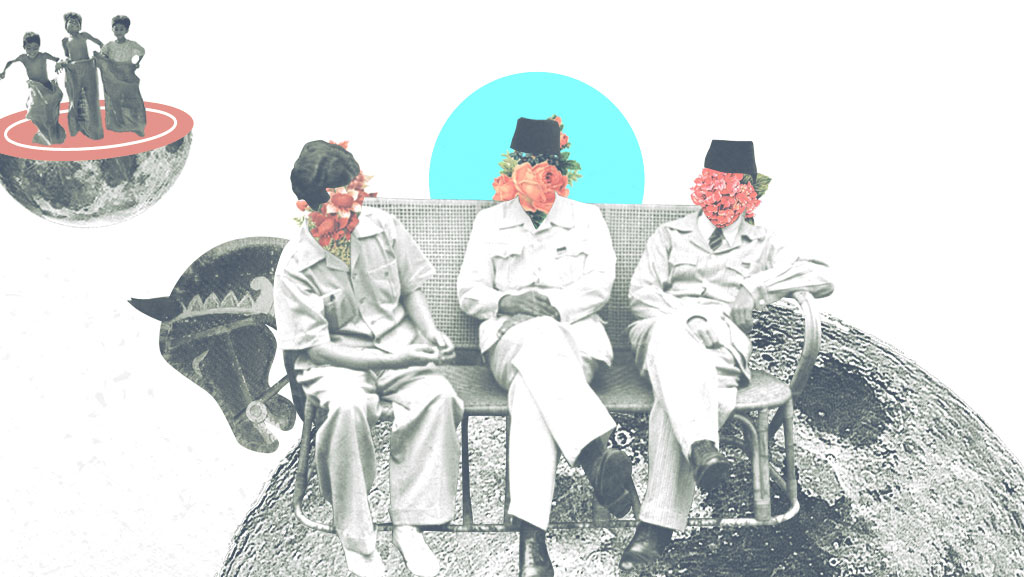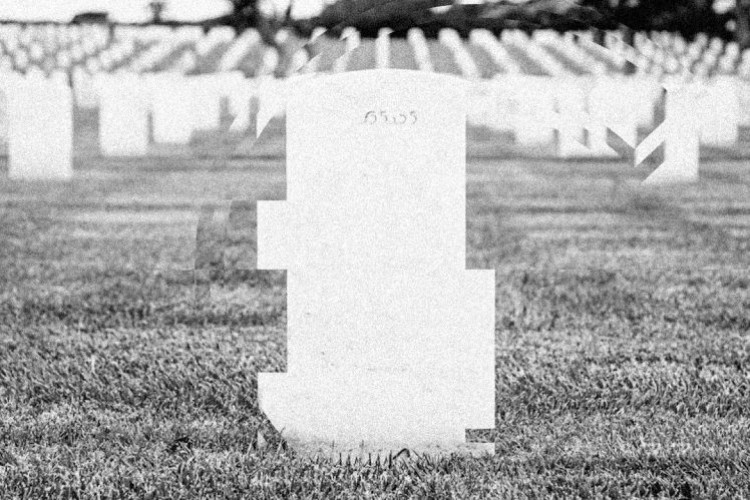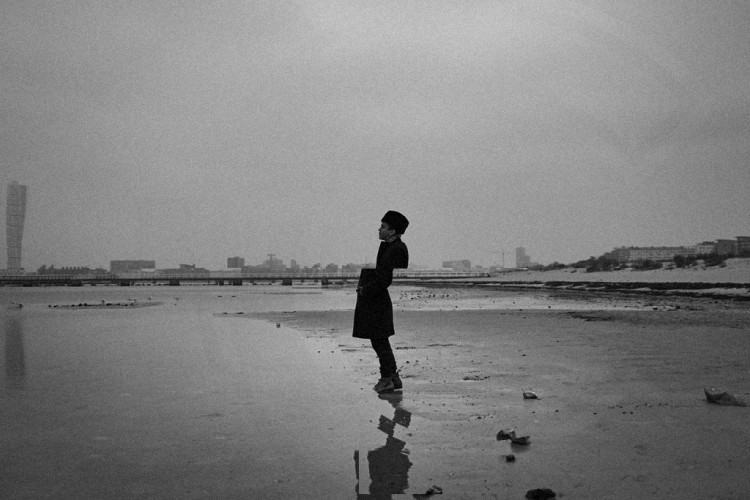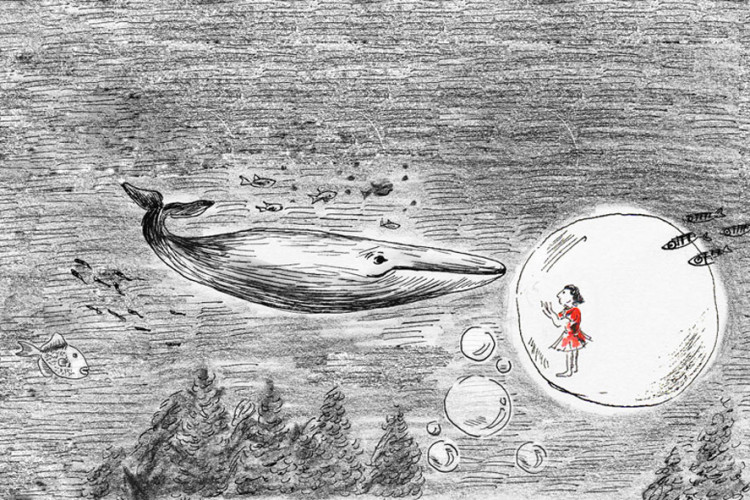
“They dont really teach that in school”, said my tour guide. I was in the middle of a Spanish Civil War tour in Barcelona last month and as we walked down the famous Las Ramblas, I was surprised to find out that the scars left by the horrific war and Franco’s dictatorship remain a taboo subject. In a city decorated with a lot of museums – including ones dedicated to sex and marijuana, there’s no place of remembrance for a monumental event that shaped the city and the entire country back in the 1930s.
It’s not that they don’t embrace the grim history at all; they just do it with a twist of interest. I was told that, instead of acknowledging the Civil War as a battle of the Spanish Second Republic against the military dictatorship, what they teach in Barcelona schools is it’s a fight for Catalan independence. Like any subjective matter, history could only be as wide as your perspective.
The old proverb says that history is determined by the victors and we have seen too many cases of it. What’s written in the history books might not be the actual truth, but rather something that is passed on as truth. The rulers can do what they like and it’s just a bitter reality about the world we live in. “He who controls the past controls the future”, as George Orwell once wrote.
But it doesn’t mean that the people are helplessly left with no say on the past. They might not have the authorization to write history books nor set the agenda in the media, but the people have what is known as collective memory. It’s the act of preserving history in groups and collective memory can be shared, passed on, and constructed within the society.
Maurice Halbwachs, a French sociologist who coined the term “collective memory”, stated that collective memory is shaped by present issues and understandings. It refers to the past, but it’s influenced by the needs of the present. Current circumstances drive the people to recall who did what in the past. It’s a chain-event that is interconnected to one-another. Nothing ever happens without precedent.
We are not short of dark and blurred history in Indonesia that nonetheless shaped our great country to become what it is now. Versions of history are published everywhere, especially with the advent of the internet and social media, but there’s a common feeling that until we’re presented with the whole truth, we’re still strayed in the grey area.
For instance, take the events that occurred in Indonesia in the mid-60s which led to the regime change. The older generations have their own memories about what happened back then, not to say that the New Order government tried their best to establish their version of history by any means necessary. Details may vary and the whole truth is yet to be told, but we have a general idea about what happened in 1965 and 1966. The tragic events are collectively preserved in the memory of the people.
So it’s quite baffling that the events from 50 years ago are tattooed on our minds, yet something from the more-recent past is taken lightly by the younger generations. The reformation in 1998 is a major turnaround in our journey as a nation and it did not come cheaply. It was paid with blood, tears, and even, lives. It resulted in the air of freedom that we breathe now. It’s a hard-fought freedom that shouldn’t be taken for granted.
I’ve met so many young people in the past during my activity in encouraging young voters to actively participate in the election and it was shocking to find out how little they know about the reformation and life before 1998, including the horrors that preceded and followed it. Apparently, we don’t really teach that in school. I took a random glance at high-school history books and the reformation is barely mentioned in detail.
I met some college students who didn’t know that there was a riot in Jakarta that claimed the lives of many in May 1998. I talked others who didn’t mind going back to live in the New Order era because they heard “the price was cheaper those days”. I even encountered a student from one of the most respectable universities in the country that believed democracy is over-rated and freedom should be limited. It’s really sad to see how they easily forget. The reformation just only happened 16 years ago and our failure to preserve the memory resulted in collective ignorance.
Halbwachs underlined the most important element of preserving collective memory; it’s the maintenance of effervescence during periods of social calm. In times of relative peace, the society needs totems to serve as a continual reminder to the people. Halbwachs argued that in order to establish collective memory, we need commemorative events to reinforce autobiographical memories that he believed would gradually fade without periodic reinforcement.
That is something we failed to do. Time has a corrosive effect on the memory. We didn’t reinforce our memory by continuously producing totems that serve as a reminder of how grim the days back then were. As the witnesses of history, we still can recall about how undemocratic we were before the reformation and how we have been growing into a better country ever since. But how about those who were too young to witness the reformation? How could they compare about life before and after? Is it their mistake if they think that democracy is an unneeded luxury?
The damage has been done. We’re going to elect a new president in less than a week with a scattered memory. Whoever wins, may he govern with just and put people’s interest above others. But we should never forget that we didn’t acquire what we have right now for free. Freedom shouldn’t be taken for granted.











